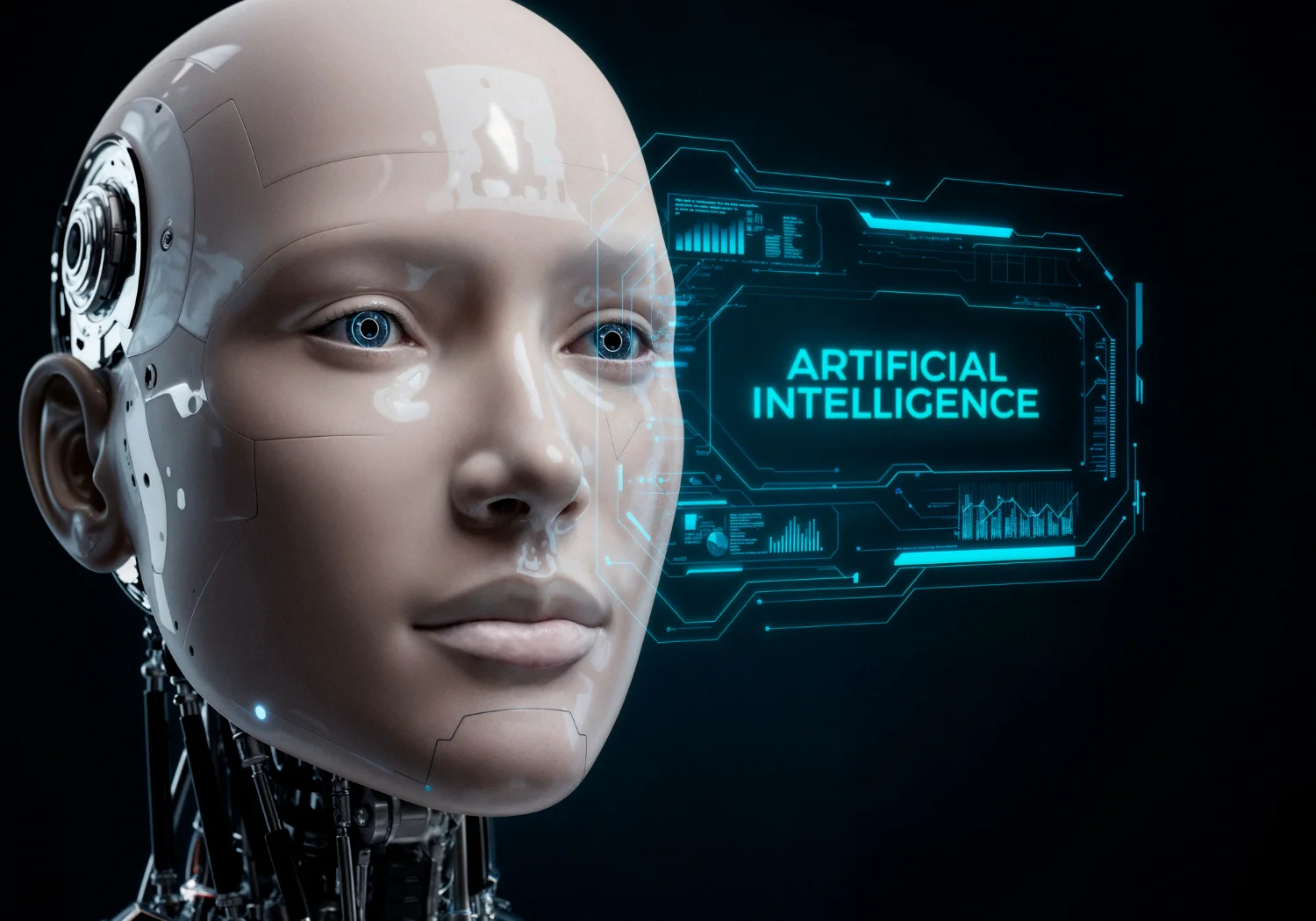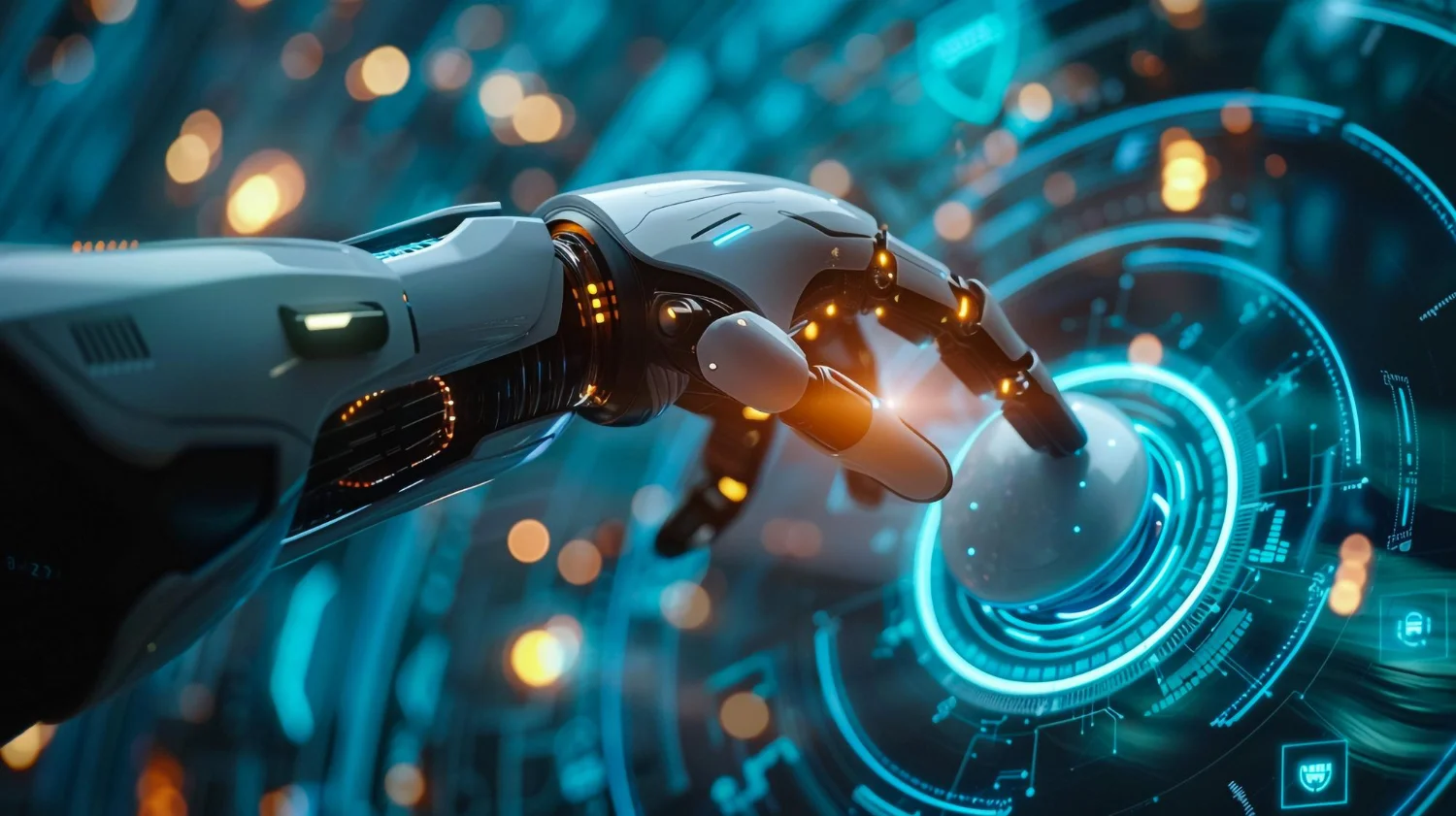Throughout history, certain technological innovations have changed the way you connect with others, work, and live. From the simple brilliance of the internet, which has brought the entire world closer, to the advent of wheels that have made transportation easier, these innovations have not only opened doors to endless possibilities but also reshaped societies. Initially, these technologies solved problems humans faced, but later, they redefined what could be possible and paved the way for further progress.
This blog will explore the top 10 innovative technologies available to us today, each of an invention that changed the world.
Top 10 Inventions That Changed The World
Here are the top 10 inventions that changed the world for the better:
1. The Wheel
The wheel is probably one of the earliest and most impactful technologies that changed the world. This simple yet revolutionary invention made travel easier and became the foundation for countless other innovations.
The oldest known wheel dates back to Mesopotamia, around 3,500 B.C. However, the true game-changing advancement wasn’t just the wheel itself but the fixed axle, which allowed it to be connected to a stable platform.
2. Electricity (Battery)
Electricity is naturally occurring and abundant, but the challenge was harnessing it for practical use. This breakthrough came with the invention of battery electricity.
Alexandro Volta is credited with discovering the first practical battery in 1799 (the term “volts” is named after him). Thereafter, Michael Faraday discovered and formalised the principles of electric generation.
Interestingly, evidence suggests the existence of prehistoric batteries dating back around 2,000 years. These early devices consisted of a clay jar filled with a vinegar solution, with an iron rod covered in copper inserted inside.
3. Automobiles and Manufacturing
Contrary to popular belief, Henry Ford did not invent the automobile. However, he created a mass-production technique that allowed the car to be mass-produced, an invention that changed the world.
The first actual automobile was built in 1769 by Nicolas-Joseph Cugnot, who developed the first steam-powered vehicle. This was later followed by German inventor Karl Benz, who patented the first ‘Motorwagen’.
4. Lightbulb
It is a widely held belief that Thomas Edison invented the light bulb. However, this is not entirely accurate.
An Englishman named Joseph Swan developed the first official light bulb by using a carbonized paper filament and an evacuated glass bulb. However, without a proper vacuum tube, his invention did not have commercial use.
Building on Swan’s design, Thomas Edison developed the first metal filament in 1878, creating the first commercially viable light bulb and bringing light to the world.
5. Transistors
The transistor is a crucial component in nearly every electronic device. In 1926, Julius Lilienfeld patented the first field-effect transistor, but it was not commercially viable.
That changed in 1947 when John Bardeen, Walter Brattain, and William Shockley developed the first practical transistor at Bell Laboratories, earning them the Nobel Prize in Physics.
Since then, transistors have become the backbone of modern electronics, enabling the development of cellphones, computers, and televisions—arguably the driving force behind today’s digital-first world.
6. Refrigerator
The refrigerator is undoubtedly one of the most useful inventions of all time, transforming food preservation and daily life.
Invented about 150 years ago by James Harrison, the first practical vapor compression system laid the foundation for modern refrigeration. However, it wasn’t until 1927 that General Electric introduced the first widely used refrigerator, revolutionizing food storage and enabling industrial refrigeration.
7. Television
The modern-day television is the result of decades of engineering and innovation.
While many contributed to its development, one of the earliest names associated with television was 23-year-old German student Paul Nipkow. However, the first successful image transmission was achieved by Georges Rignoux in Paris in 1909.
8. The Computer
Like the television, the modern-day computer was decades in the making. Charles Babbage is widely thought of as the father of the computer, with Ada Lovelace contributing by creating the first programs. Babbage designed the first mechanical computer, laying the groundwork for future advancements. While there is no single inventor of the modern computer, the foundational concept was introduced by Alan Turing in 1936, now an indispensable tool in the modern age.
9. World Wide Web
The internet began as a prototype in the 1960s with ARPANET (Advanced Research Projects Agency Network). While the first prototype adopted TCP/IP protocols in 1983, the modern internet has since evolved into a global powerhouse.
The World Wide Web (WWW), developed later, provides a way to access information using the internet. However, the internet itself serves as the underlying networking infrastructure that enables the WWW to function.
10. The Telephone
Alexander Graham Bell became the first man to speak over the telephone in 1876, saying, “Mr. Watson, come here. I want you.”
The telephone revolutionized communication, allowing people to connect quickly and efficiently while transforming the way businesses operate.
With the advent of cell phones, the world changed even further—today, about 60% of the global population owns a mobile phone, with most having access to the internet, making instant communication more accessible than ever.
How Have Technological Advancements Changed Our Lives?
Technological advancements have changed the way we live, work, and communicate with others in many ways. Here are some of the most prominent ways in which technological advancements have changed human lives.
- Increased efficiency & productivity: Technological advancements and innovations have saved time and effort while increasing efficiency and productivity in several areas of life.
- Changed education & the workplace: Technology has enabled new ways of communicating, learning, and working collaboratively in the classroom. It has also revolutionized workplaces with the adoption of remote work, task automation, and replacing physical and manual work with digital transformation.
- Improved access to information: It has made it possible and comparatively easier to access information from anywhere in the world. You can learn about anything you want if you have a mobile phone or computer and the internet.
- Improved communication: From letters to instant messages and Facetime, the world has come a long way in how it communicates. Smartphones, social media, video conferencing, etc., have made it easier to stay connected with people around the world.
- Improved quality of life: Technological advancements have a positive impact on overall quality of life. It has made progress in different aspects of healthcare and changed the way people shop online, collaborate, use media to entertain themselves, and more.
Final Thoughts
When you take a step back and think about the impact of these groundbreaking technological inventions, it’s clear that innovation has always been at the heart of human progress. All inventions that changed the world tell a story of creativity, a desire to make human lives better, and perseverance. Learning about how these inventions have shaped the world not only establishes a sense of gratitude but also helps fuel the drive and hope for future innovations.
As an IT consultant and managed service provider in Minneapolis, Imagine IT leverages other technological inventions that have significantly impacted the economy in positive ways. These include the Internet of Things (IoT), AI, cloud computing, cybersecurity, data analytics, blockchain, machine learning, and more. All of these innovations together create a culture of innovation and resilience in the face of evolving challenges and drive economic growth. We enable companies to stay ahead in a cutthroat space market, make data-driven decisions, and run more effectively. Contact Imagine IT today to schedule a consultation with a managed IT service provider.





